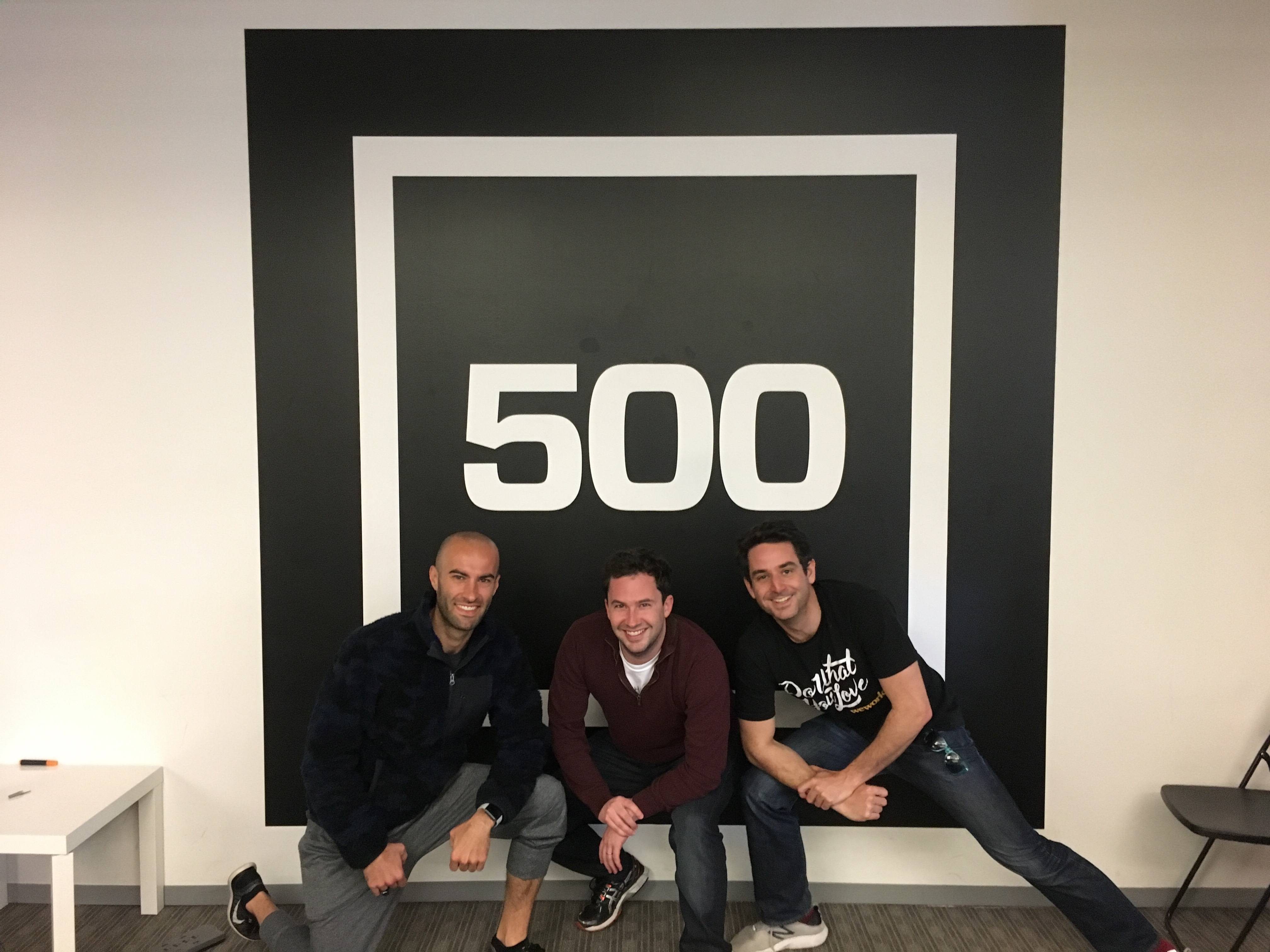
Photo credit: langstrup / 123RF.
English might be the “global language of business,” but as anyone who has negotiated a cross-border business deal knows, navigating local linguistic nuances matters, especially in high-stake situations.
“We would take business trips to China, to Taiwan, to Japan, to Korea and [companies] would pay for business class travel, but they wouldn’t think about, oh, should we provide an interpreter for these actual meetings,” Matt Conger, co-founder and CEO of Cadence, tells Tech in Asia.
“We were very confident that we’d be able to get through business meetings with our own skills, language-wise,” he says. “That quickly got proven wrong.”
In an increasingly globalized business world, clear communication between investors and company executives is crucial. In a 2012 working paper by Harvard Business School that studied more than 11,000 conference call transcripts, researchers discovered that company executives who couldn’t “speak plainly in a way investors could understand” during earnings calls faced lower trading volume, restricted price movement, and inconsistent analyst forecasts. Company executives from countries like China and Japan – “linguistically more distant from English” – suffered the most.
Company executives who couldn’t communicate clearly with investors faced lower trading volume.
Cadence is hoping to capitalize on that pain point. The startup offers a remote interpretation service that connects simultaneous interpreters to clients in real-time. In particular, the startup is targeting hedge funds and investors, who often have to conduct due diligence or listen in on key earnings calls with foreign companies and executives.
That means that interpreters staffed by Cadence not only have to be linguistically competent, but also business-savvy and equipped to talk about specific verticals, such as the industrial gases market. Currently, the startup sees the highest demand for Chinese, Japanese, Korean, and Portuguese interpretation.
“If you go on Google and type ‘hire Chinese interpreter’, you might get someone for [US$116] a day. If you ask a Western law firm, they’ll say, oh yeah we’ll be happy to do it, but they’ll literally charge [US$2,900],” says Matt. That’s what he saw at his previous job at a private equity firm.
These might not be professional interpreters either – just paralegals or university graduates – and have little knowledge of the industry, he adds.

Cadence founding team (left to right): Phil Kohn, Matt Conger, Jonathan Rechtman. Photo credit: Cadence.
The three co-founders, Matt, Phil Kohn, and Jonathan Rechtman met in Beijing, where they founded Cadence in 2014. Both Matt and Phil came from a financial background – private equity and the lottery business, respectively – while Jonathan, who was one of the startup’s earliest investors, was a simultaneous interpreter. Together, the three Americans built the company’s network of freelance simultaneous interpreters, at first focusing primarily on on-site projects, such as conferences and focus groups.
Now, the startup is turning its attention to phone and conference calls. In February, Cadence joined 500 Startups, a US-based accelerator, in San Francisco, where it will prioritize closing partnerships with conference-call providers such as Zoom and Twilio, a fellow 500 Startups company. The service charges US$10 per minute for on-the-line services, and US$150 per hour for on-site interpretation.
“Behind the scenes, we’re actually staffing two people for these calls, because the cognitive load to do the real-time version of our service is such that even the best in the world only do it for 20, maybe 30 minutes at a time,” says Matt.
To lessen the burden on its interpreters – they only get a two-second buffer for simultaneous interpretation – Cadence is also developing machine learning-driven tools, such as keyword extraction and automatic translation for context-agnostic words and phrases, such as numbers, which can be especially difficult to translate quickly during earnings calls.
“We’re making a long-term bet that if we can alleviate the cognitive load, we can allow people to extend the duration of time they can work,” explains Matt.
More than words
Cadence works with about 1,600 interpreters across 24 time zones, with a coverage of more than 20 languages. The diversity of skill sets is vital, as clients are often spread across disparate verticals, from food and beverage to healthcare. Cadence’s interpreters are often expected to be knowledgeable in capital markets and due diligence, as well as the domain at hand.
However, of equal importance is the interpreter’s emotional quotient. When the company first started in 2014, it would vet its interpreters in person over coffee, says Matt. The point was to filter out applicants that had shiny CVs or LinkedIn profiles but weren’t really fit for business meetings. Unlike written translation, simultaneous interpreters have to be able to grasp the nuances of a conversation, sometimes even stepping in as a moderator if something is miscommunicated. In other contexts, however, interpreters have to simply regurgitate what’s being said.
At times, interpreters can also get caught in the crossfire between two parties.
“We’ve been hired for governors that are giving speeches, and that’s something where you do need to respect their protocol, and you’re just a megaphone for them,” he says.
At times, interpreters can also get caught in the crossfire between two parties. Once, Cadence was hired to source interpreters by fraud investigators who were investigating embezzlement in China. Physical altercations broke out, says Matt.
“It’s pretty wild,” he laughs. “So grace under pressure and the ability to forecast what could go wrong within these situations is something we’ve really tried to look for in some of these more unusual circumstances.”
Cadence will have to compete against other, more established, remote interpretation companies, such as Cyracom and LanguageLine, which was sold for US$1.5 billion last year. However, the startup hopes that its focus on the premium market, where investors, executives, and government officials are willing to pay top-dollar for the best and fastest interpretation, will set it apart. That’s also where the startup believes it can really deliver value – and not become obsolete as machine learning advances, especially in natural language processing.
“For spoken translation, we see the beneficiaries […] not being the end consumers, but human interpreters,” says Matt. “AI will transform written documents or basic conversation, but when it comes to high-level business dialogs, the technology that is going to be deployed is going to help the pilots of these conversations – which, at the end of the day, in our mind, will always be human interpreters.”
Currency converted from Chinese yuan. Rate: US$1 = RMB 6.87.
This post 500 Startups-backed team is building the Babel Fish for business meetings appeared first on Tech in Asia.